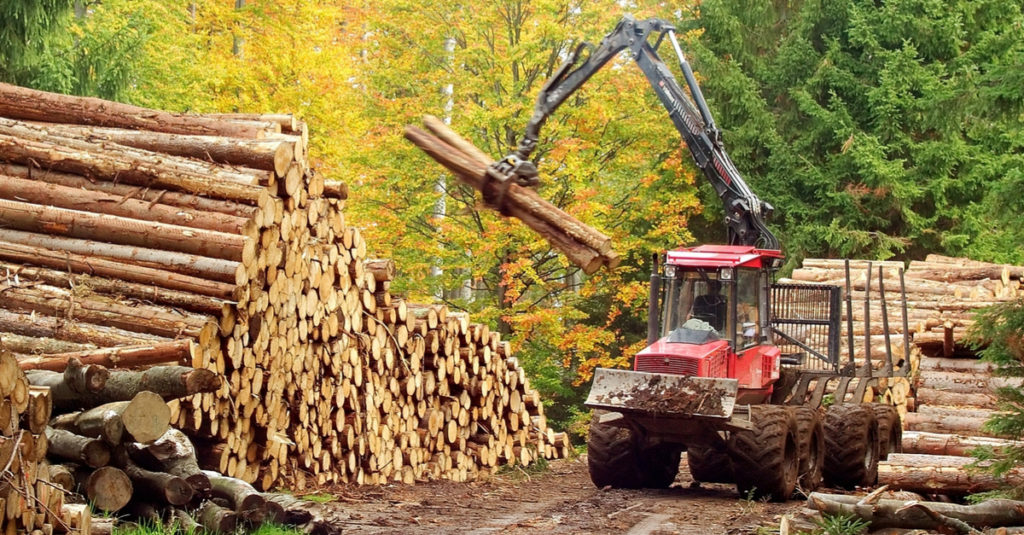The Lumber Boom

The desire of people to redo their homes in the face of being inside for a year has led to an unprecedented lumber boom.
Prices have, in turn, skyrocketed. For years, the price of 1,000 board feet of lumber has generally traded in the $200 to $400 range. It’s now well above $1,000. (One board foot is 12x12x1 inches, and the average new single-family home takes about 16,000 board feet of lumber to construct.) A new house that would have cost $10,000 in wood to get off the ground a couple of years ago now costs $40,000 worth of wood — assuming, that is, you can even get your hands on the lumber.
Most people in the sector expected that Covid-19 would induce an industry-wide slowdown, not an industry-wide boom. Many were caught flat-footed.
“Not only has it surprised me, it’s just surprised the whole industry, how quickly we came roaring back. Housing and construction, repair and remodel, that’s where so much money was pointed by American consumers that the sheer scale of demand was hard to fathom,” Stinson Dean, CEO of Deacon Lumber, a lumber trading company based in Missouri, told me.
In the middle of our call, he had to pause to make a sale. “I’m so sorry, everyone needs lumber, and I have it,” he said after putting me on hold. He explained it probably would have been cheaper for his client, in Texas, to buy the truckload of lumber he just sold them directly from a producer up in Canada, but that producer is sold out through May, and they needed the materials ASAP. “You can’t get anything prompt, and a lot of folks have just underestimated their inventory needs, so they need to lean on folks like me.”
The lumber frenzy is part of a string of unexpected and strange developments in the Covid-19 economy. Before there was the great run on wood of 2021, there was the great run on toilet paper of 2020. The same lockdown boredom and extra cash that inspired some people to get into day trading animated people to decide it was time to fix up their homes. Those who fled cities decided not only to buy existing homes but also to build new ones.
My concern here is the environmental sustainability of all of this. As someone who has a lot invested in sustainable forestry and the incredibly tenuous ecosystems that they create, a long-term timber boom is going to lead to massive overcutting, illegal logging, timber theft off private lands (already a bigger black market than you’d expect, especially in Appalachia), and indifference to replanting or anything looking like sustainable forestry.
I grant that we don’t care about where our resources come from so long as we have them. Electricity, oil, plastics, computer chips, timber, meat, clothing, it just doesn’t matter to most of us. The conditions of labor or the environmental implications are not things we want to think about. But we should. When you have booms like this, what will the impact be? In other words, if you are going to remodel your house, at least consider these issues first.


